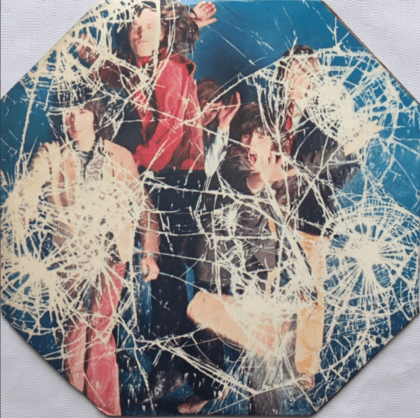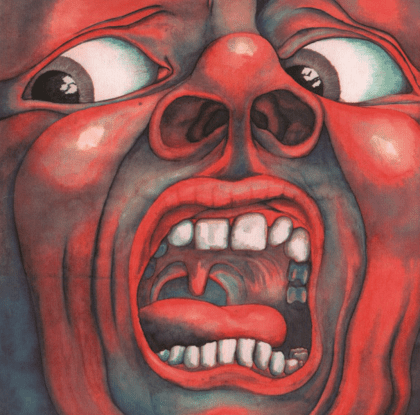I want to get more philosophical today and talk about what makes a band a band. The title is a reference to the Ship of Theseus, which I’ll throw a Wikipedia link to in case anyone doesn’t know what I’m talking about: https://en.wikipedia.org/wiki/Ship_of_Theseus. Essentially the question I’m asking here is as follows: At what point does a band stop becoming the same band? I have a few theories and I’d love to hear what either you guys have to say or if you have any other theories.
Theory #1: The Same Name, Same Band Theory
This one is fairly easy to follow, if the group has the same name it’s the same band. No matter what personnel changes are made, the band is the same as long as it keeps the name it started with.
Theory #2: The Integral Member Theory
There are some bands that just wouldn’t be the same without one specific member. What springs to mind for me when thinking of this is Kim Deal of The Pixies. As the old adage goes; without Kim, there’s no Deal.
Theory #3: The Majority Replacement Theory
This theory is also fairly easy, if the majority of members of the band are replaced or changed out, it is no longer the same band.
Theory #4: The Original Purity Theory
The most hardline of the theories that I can think of. If there are any changes to the band’s lineup, no matter how small, it is no longer the same band.
So get to work rock philosophers, and solve the question that we have all been asking for ages.



